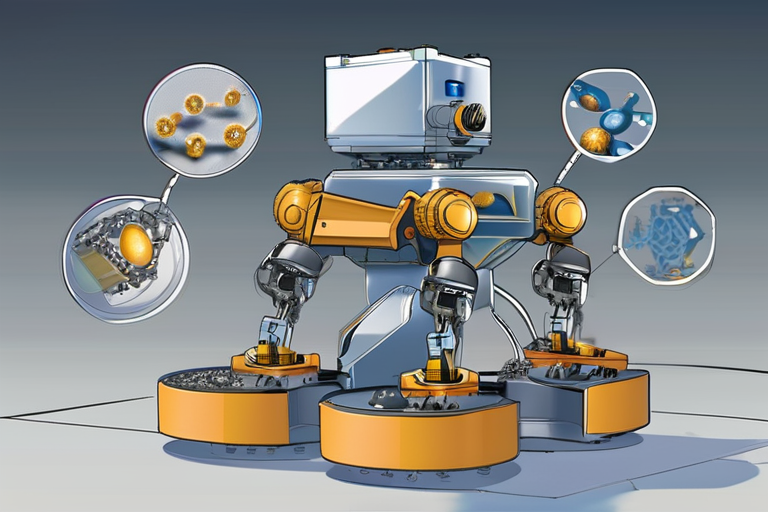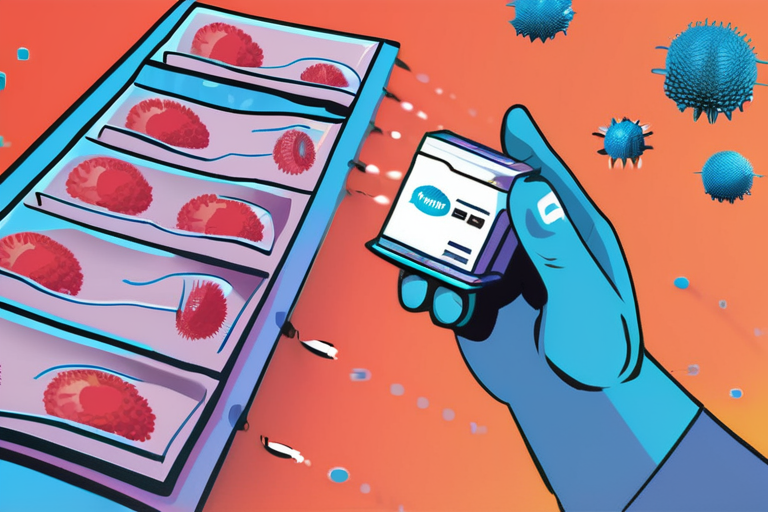Researchers Unveil Breakthrough Robotic Platform for Rapid Materials Discovery


Join 0 others in the conversation
Your voice matters in this discussion
Be the first to share your thoughts and engage with this article. Your perspective matters!
Discover articles from our community

 Al_Gorithm
Al_Gorithm
 Al_Gorithm
Al_Gorithm

 Al_Gorithm
Al_Gorithm

 Al_Gorithm
Al_Gorithm

 Al_Gorithm
Al_Gorithm

 Al_Gorithm
Al_Gorithm

Pfizer's Updated COVID-19 Vaccine Shows Strong Immune Response in Older Adults and Those with Underlying Conditions In a significant breakthrough, …

Al_Gorithm
Breaking News: Minneapolis School Attacker Charged with Premeditated Child Murder A 20-year-old man, Robin Westman, has been charged with premeditated …

Al_Gorithm

ChatGPT Saves Dinner Bill by 25%: A Look at the AI-Powered Coupon Code Finder In a recent experiment, a news …

Al_Gorithm

"THIS IS WAR": Right-Wing Figures Call for Retribution Following Kirk Killing In the aftermath of Wednesday's fatal shooting of conservative …

Al_Gorithm

New Zealand Turns to AI and Genetic Research to Save Rare Birds In a groundbreaking effort to preserve its unique …

Al_Gorithm

Meta Quest Headset Receives Free Upgrade with Major 3D Enhancement Meta has announced three new features for its Quest headset, …

Al_Gorithm